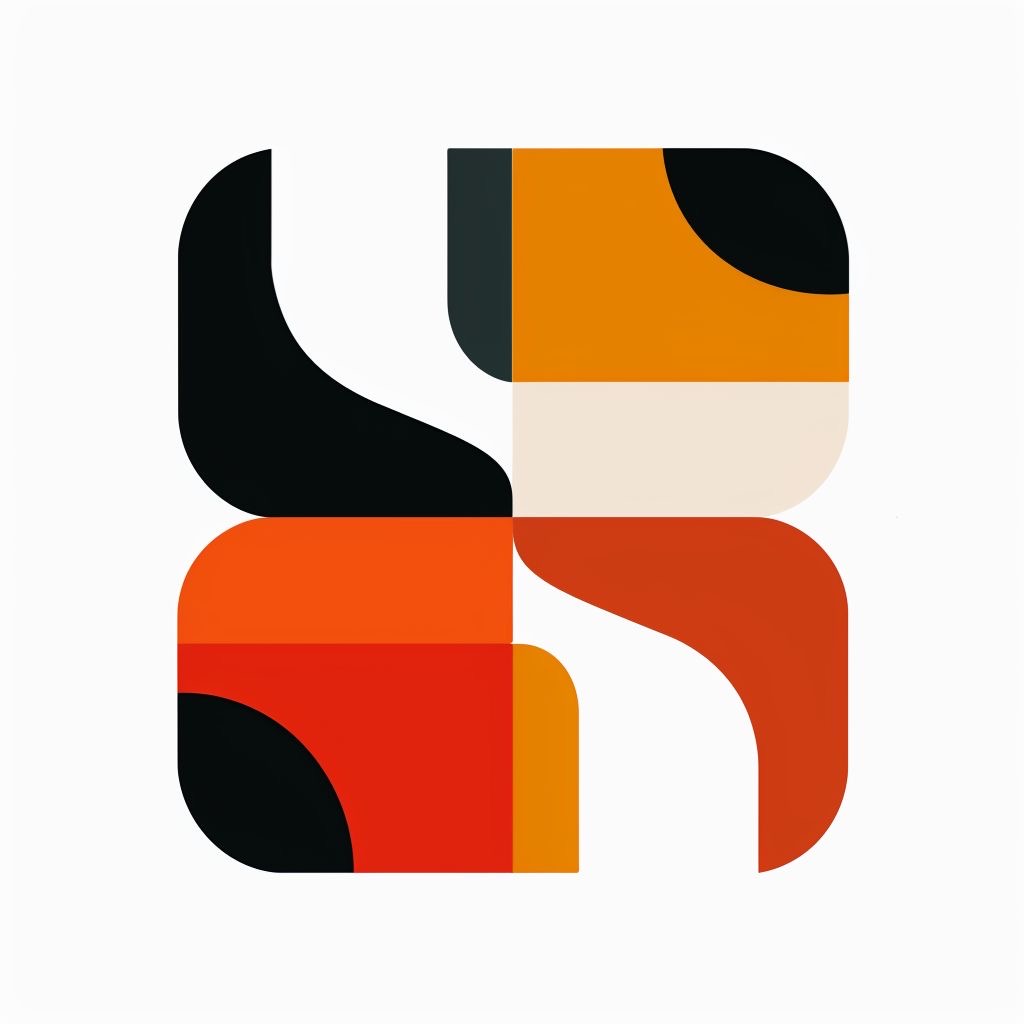
Por admin
March 1, 2024
By Hernán Charosky
Between 2010 and 2011 I had the opportunity to actively participate in a process of dialogue and transparency. It was about reaching agreements between urban hygiene collection companies, urban waste pickers’ cooperatives and the Government of the City of Buenos Aires, in relation to new contractual conditions. The civil society organization that I headed at that time, together with another one, had the role of advocating for transparency and equality in the dialogue process and in the contractual negotiations. On that occasion we were able to see how transparency, access to information and equality of conditions generated more productive, results-oriented dialogues. To the extent that there was confidence in the methodology, in the processes and in the information needed to make decisions, the participants were able to focus on what was fundamental: taking care of their particular interests in the context of protecting the general interest.
Between 2014 and 2015 I coordinated a multi-stakeholder initiative that achieved the first presidential debates in Argentine history. Until 2015, presidential candidates leading in the polls avoided holding presidential debates. A key aspect of the success strategy of this initiative was the incremental process of adhesion of key actors. Civil society organizations, universities, graphic and audiovisual media, social networks, digital platforms, and even electoral authorities joined, in different roles, with different intensity, the demand, the proposal and the design of the first cycle of presidential debates.
This generated strong incentives for the main candidates to see clear incentives to participate: it was a broad and representative arc of society that demanded it. For that reason, all candidates ended up participating -through their campaign teams- in the debate design process, and committing themselves to participate. In Argentina, the presidential election system is a two-round system. The candidate who was leading the polls before the first round, a few days before the debate, changed his mind and decided not to participate. The debate took place anyway, with a high rating.
The candidate’s performance in the election was below expectations, and in his first press conference he challenged his competitor in the second round to a presidential debate. The other competitor accepted, and ended up becoming president. The runoff debate was one of the highest rated programs in history. The formation of diverse and broad coalitions, such as the one in this case, with the capacity to address a variety of social interests is achieved through coherent methodologies that encourage dialogue and allow for coordinated actions that channel heterogeneity into a common goal.
In 2016, together with the team that accompanied me in public management, we created a methodology for dialogue and consensus building. With that methodology we conducted dialogue workshops to improve the law on access to public information of the city of Buenos Aires. This type of agenda usually generates tensions between governments and civil society organizations. While the former are often concerned about the pressure of increased public scrutiny, the latter tend to distrust the willingness of decision-makers to make their management transparent.
The dialogue workshops allowed officials and activists to get to know each other better, to understand each other’s agendas and obstacles, and to seek common ground. In this way, not only a law was achieved, but also an institutional system of access to public information that took into account international standards, the demands of civil society and the particularities of public administration.

